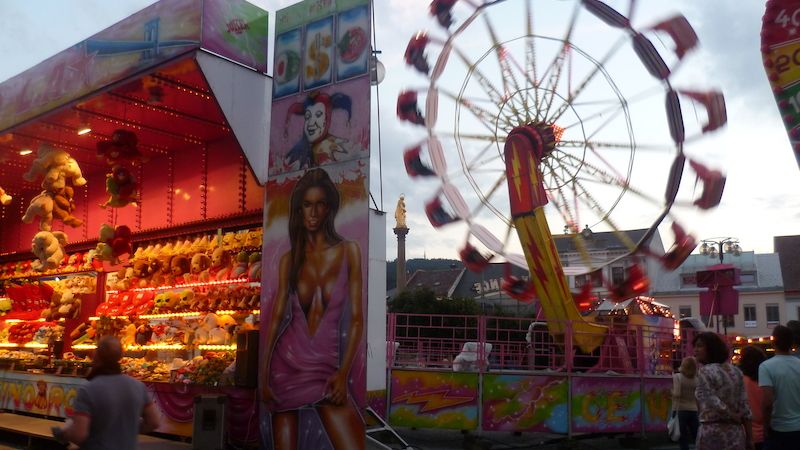You write the text as a film script. When did you find out that it was more of a substance for theater?
Over the years of writing, I’ve found that it’s best not to let the characters act alone. In the case of a film script, ideally one scene lasts a maximum of three pages, then the audience starts to panic and want a change. And it just so happens to me that the characters stay in one place as the pages add up. I don’t know what to do with it. But as I write them down, I find that I really enjoy the finite unity of time and place. But that’s not for the film. And movies have always been the best medium for me.
So you decided on the theater?
Indirectly, because I don’t really like theater. It’s a place for me where actors scream, stomp and look fake. But then I watched a few shows where the actors weren’t, and I discovered that what bothered me was probably not the rule. In London, I saw scenes with beautiful set-ups, which are not done in our country, they turn out like a movie set and their illusions are perfect.
There I also saw captivating performances that reached the audience with their contemporary and very human themes. It was such a great feeling to step out of the theater and carry the experience for hours and days. It was as if someone inside had opened the door to a room I didn’t know about. And theater began to interest me.
What did you learn about him?
It was only when I started practicing that I realized that theater has a great advantage over film in the direct communication of living beings. He has tremendous power when he succeeds. It might sound ridiculous that I didn’t discover something so obvious until I was seventy-seven, but God forbid I would back down because it kept me from keeping things so I could still discover something even in old age.
What do you like about theater?
Much greater relaxation and variability. When shooting movies, you experience permanent stress due to the clash of time and economy, when every minute costs money. While in the theater I had plenty of time to have dialogue about various things, trying different variants and solutions, which is almost impossible in today’s films.
And I’m not talking about individual role switching, which is very inspiring for the results. I’m also looking forward to reruns, as the production continues its life with actors and audiences without a director. I’m an aquarius, so I like to compare to water. Each show feels like someone is riding their favorite river, the water level is different each time, and the places we know are very different.
Why did you choose music?
You know, when a uniformed cop, as we know him from the streets, starts dancing and singing on stage, I find it very inappropriate and funny. The same goes for people with self-service carts. Shopping for food is serious, no singing, you say. And then you wonder how ridiculous we are when we take things so seriously. This discrepancy, in contrast to our experience, is not only amusing, but also allows us to see our reality and ourselves from a different, somehow clearer angle.
What does your music look like to the audience?
Apart from what they know from regular trading. It started with Tomáš Klus, who didn’t compose blank music, but set the idea for the music. The situation is similar in the case of Tomáš Rychetský, whose choreography conveys thoughts and feelings very specifically through movement, while at the same time having a certain minimalism and idiosyncrasies. And it continues with the cast, where apart from experienced musical actors, there are also those on stage who don’t usually make musicals.
During the training between us, people from different worlds, a very friendly and familiar atmosphere is created, in which a person works like in a real creative workshop. I believe that the audience will know. Film cannot or does not transfer these energies as perfectly as the theater that appears immediately in the here and now.
This musical is about a middle-aged man who is going through a crisis. Is this also your topic?
For the most part yes. This is an archetypal story about a man who is desperate and thinks he really needs something, in this case a stolen bicycle and radio, and he sets out into the world as an ancient hero setting out to sea. He goes on adventures, confronts a homeless world, meets his own soul to finally know that he doesn’t need what he’s missing.
On the other hand, he discovered something basic, internal, that even he didn’t know was lacking. Because it happened in Braník, where I was at home and where something similar happened to me, this is also my story about the search for human happiness and what is important in life.
The story asks questions we don’t have time and often don’t even want to ask, but the answers are not complicated. We just often lack words for them. Quantum physicists have long complained that mathematical equations and formulas are insufficient for some quantum formulations, so they might be better expressed in poetic form, ideally a haiku. Similarly, music and movement can carry certain messages, penetrating beneath the surface of our minds to places where there are no words. And while the theme is something that is difficult to describe as the human spirit, then music is a great tool for communication between actors and audience.
So what about you and the theater?
I completely stopped being afraid of the theater, I got closer to its essence and appeal. But I still can’t imagine what I’m going to do next in the theater. I live this show to the fullest and I’m not looking to the future.

“Unapologetic social media guru. General reader. Incurable pop culture specialist.”







